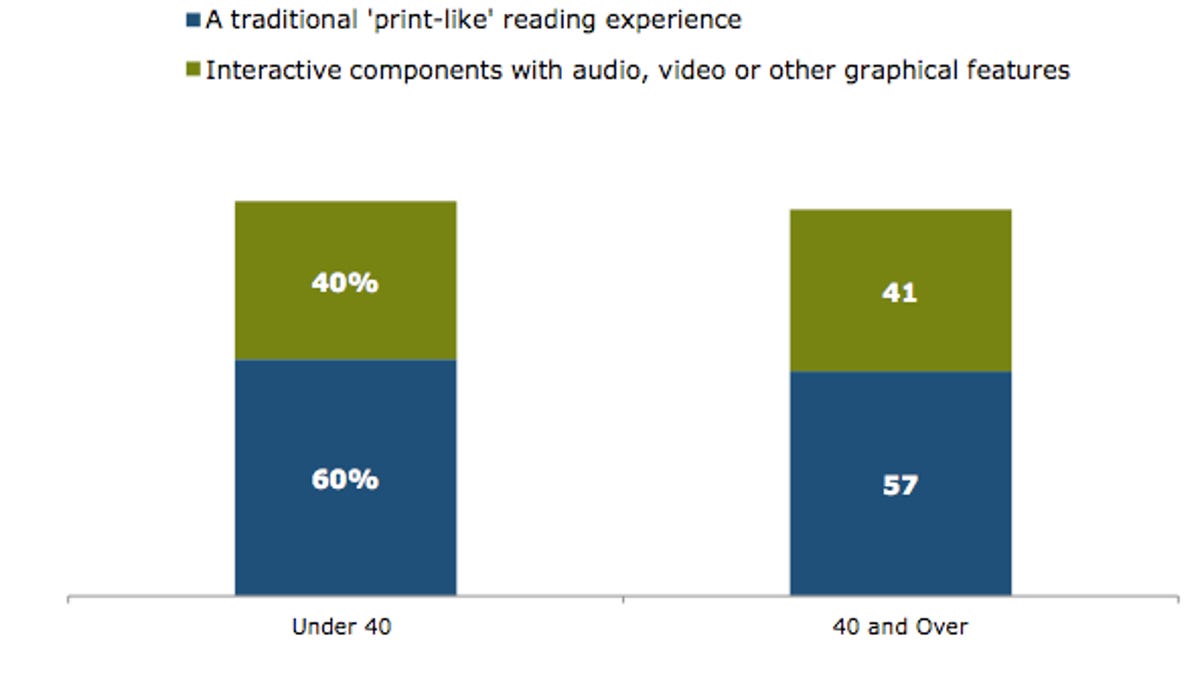People young and old enjoy getting news on mobile devices
A new study shows that all age groups are inclined to read or watch news on a smartphone or tablet. However, men and college-educated users tend to be the most engaged news consumers.

Maybe today's youth aren't as different as older generations when it comes to tech.
A new report by Pew Research Center's Project for Excellence in Journalism looks at how different people use their smartphones and tablets to consume news. It finds that younger users are just as likely to get news on those gadgets as older folks.
"While they are much lighter news consumers generally and have largely abandoned the print news product, young people get news on mobile devices to similar degrees as older users," the report reads. "And, when getting news through apps, young people say they prefer a print-like experience over one with high-tech or multimedia features."
While these findings, which are based on a survey of more than 9,500 U.S. adults done in June through August, show distinct similarities between the age groups, some differences were also found. For example, younger users are more likely to get their news via video and are also more keen to click on ads.
Here are some other key findings from the report:
- Younger tablet users are more likely to engage with advertising. Among tablet news consumers, younger users touch or click on ads when getting news far more than older users -- fully 25 percent of the 18- to 29-year-old tablet news users at least sometimes do this, compared with 12 percent of 30- to 49-year-old tablet news consumers and just 7 percent of 50- to 64-year-olds.
- Men -- especially young men -- are heavier mobile news consumers than women. Fully 43 percent of male tablet owners consume news daily on their device versus 32 percent of female tablet owners. The gap is nearly identical on smartphones. On the tablet specifically, men check in for news more frequently and are more likely to read in-depth news articles and to watch news videos.
- The level of education is also tied to mobile news choices. Those with college educations are more likely to access news through mobile apps and to read in-depth articles on tablet devices. Fully 82 percent of the college-educated tablet news users read in-depth news articles there compared with 66 percent of those with lower education levels.
This study comes on the heels of another report done by the Pew Research Center in September, which found that news consumption via mobile devices and social media has gone up over the past several years. In the survey, 39 percent of people said they got their news online, compared to just 33 percent two years ago. The proliferation of mobile devices and social networks was said to be one of the accelerators of this trend.

